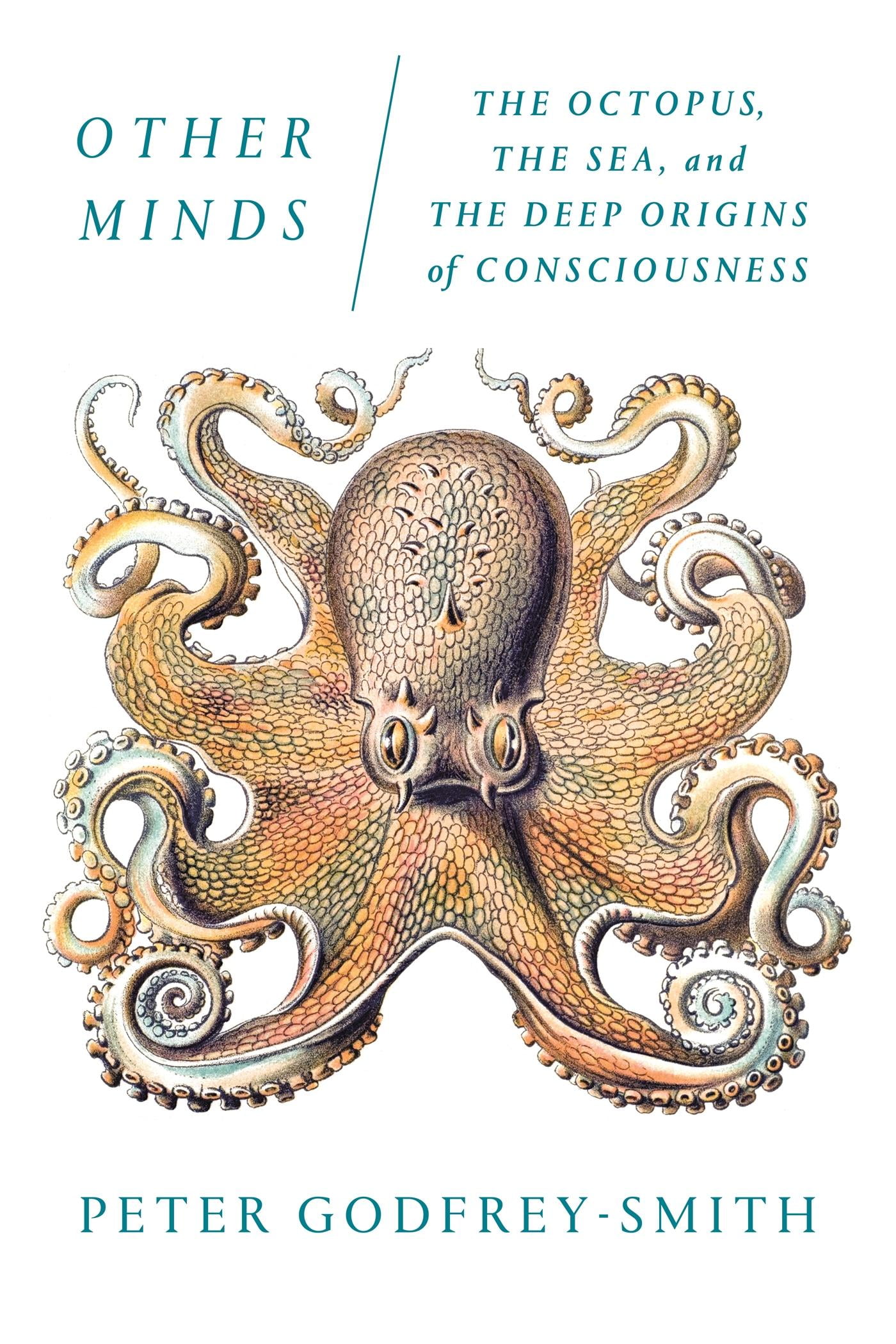
Octopuses are aware of themselves as individuals, they are aware when they are in captivity, and interacting with them is therefore an experience unlike any other invertebrate: in fact, it’s been likened more to interacting with an alien.

They can camouflage themselves perfectly to their surroundings in a split second, fully regenerate arms that are cut off, and taste with each of the suckers on their arms. They have short- and long-term memory, and research suggests that they have REM sleep, like us, and may even dream.

They have been shown to turn off lights by squirting jets of water at the bulbs to short-circuit them, and can tell the difference between (and often have biases toward) their individual human keepers, even if they wear the exact same uniforms. When in captivity, they often escape their tanks at night, raiding other ones and feasting on the fish before returning to their own tank by morning. They can unscrew jars (even from the inside!) and navigate mazes. Octopuses are intelligent by any standard they can solve puzzles, memorize patterns, and use tools to accomplish their goals. More importantly, the evolution of the octopus brain allows it to do some pretty wild things. Evolution built the octopus brain completely differently from how it built our own, and because of that, they experience their world in a wildly different way. Just because they are intelligent, though, does not make them similar to us. Octopuses can be as small as a fingernail or as large as a Volkswagen, but regardless of their size, seem to possess abilities and intelligence that is light years ahead of their more distant relatives. Octopuses and their ‘first cousins,’ squid and cuttlefish, belong more specifically to the cephalopods, which together possess the most complex minds in the invertebrate kingdom. The octopus is an invertebrate, and a relative of snails, oysters, and clams.

There is, however, one animal not among the vertebrates that has developed a brain capable of complexity and mysterious intelligence: that animal is the octopus. While the degree of consciousness that many vertebrates possess has yet to be understood, our own lively subjective experience suggests that other “higher order” vertebrate animals may share a degree of self-awareness with us. In some higher order animals, however, the experience of life has evolved into cognition, and the ability to more richly experience life through consciousness. In most animals, this experience is simple and driven by instinct.

There is more than one way to build a brain, and the way a brain is built determines how it will experience the world around it.


 0 kommentar(er)
0 kommentar(er)
